The Global CEO Initiative on Alzheimer’s Disease performance recommendations for blood-based biomarker tests
Published in Nature Reviews Neurology
We are thrilled to announce a major milestone in the diagnosis of Alzheimer's disease with the publication of the first performance recommendations for blood-based biomarker (BBM) tests for Alzheimer’s disease. Crafted by more than 90 leading experts in the field, the CEOi BBM Workgroup standards are now available in Nature Reviews Neurology
Continued advancements related to Alzheimer’s disease-modifying treatments are providing new hope to patients. However, for these tools to reach patients, accurate and timely diagnosis is critical. Blood tests for Alzheimer's could revolutionize Alzheimer's diagnosis since they are more affordable and accessible compared to existing tools. However, without clear standards, understanding how and where to use BBMs was a major barrier. To address this challenge, CEOi convened stakeholders from healthcare, academia, non-profit, government, industry, and patient advocacy with the goal of preparing for the widespread adoption of BBMs in clinical practice to enable a more simple, timely, and accurate diagnostic experience for patients.
Read the full publication and key takeaways & watch our video with Suzanne Schindler, Workgroup C0-Lead
Key Takeaways from the Publication:
Use of BBM tests to confirm disease pathology without further PET or CSF testing, or use as a triaging tool with subsequent confirmatory testing.
When used as a confirmatory tool, performance standards should be equivalent to cerebrospinal fluid (CSF) tests, which is 90% sensitivity and specificity.
When used in triaging, at least 90% sensitivity, and at least 85% specificity in primary care or 75% in secondary care settings.
Press and Media
Follow us on social media and share with your network!
Thank you to everyone who contributed to this monumental piece of work
Suzanne Schindler, Washington University School of Medicine
Oskar Hansson, Lund University; Memory Clinic, Skane University Hospital
Douglas Galasko. University of California, San Diego
Ana Pereira, Icahn School of Medicine, Mount Sinai
Gil Rabinovici, University of California, San Francisco
Stephen Salloway, Brown University
Marc Suarez-Calvet, Barcelonaβeta Brain Research Center
Ara Khachaturian, The Campaign to Prevent Alzheimer's Disease
Michelle Mielke, Wake Forest University School of Medicine
Chi Udeh-Momoh, Wake Forest University School of Medicine
Joan Weiss, Health Resources and Services Administration
Richard Batrla, Eisai
Sasha Bozeat, F. Hoffman–La Roche AG
John Dwyer, Global Alzheimer’s Platform Foundation
Drew Holzapfel, The Global CEO Initiative on Alzheimer's Disease
Daryl Rhys Jones, Eisai
James Murray, Davos Alzheimer’s Collaborative
Katherine Partrick, The Global CEO Initiative on Alzheimer's Disease
Emily Scholler, The Global CEO Initiative on Alzheimer's Disease
George Vradenburg, Davos Alzheimer’s Collaborative; UsAgainstAlzheimer’s
Dylan Young, Guidehouse
Alicia Algeciras-Schimnich, Mayo Clinic, Rochester
Jiri Aubrecht, Prothena Biosciences
Joel Braunstein, C2N Diagnostics
James Hendrix, Eli Lilly and Company
Yan Helen Hu, Eisai
Soeren Mattke, University of Southern California
Mark Monane, C2N Diagnostics
David Reilly, Guidehouse
Elizabeth Somers, Eisai Inc
Charlotte E. Teunissen, Amsterdam University Medical Centers
Eli Shobin, Biogen
Hugo Vanderstichele, Biomarkable BV
Michael Weiner University of California
David Wilson, Quanterix Corporation

